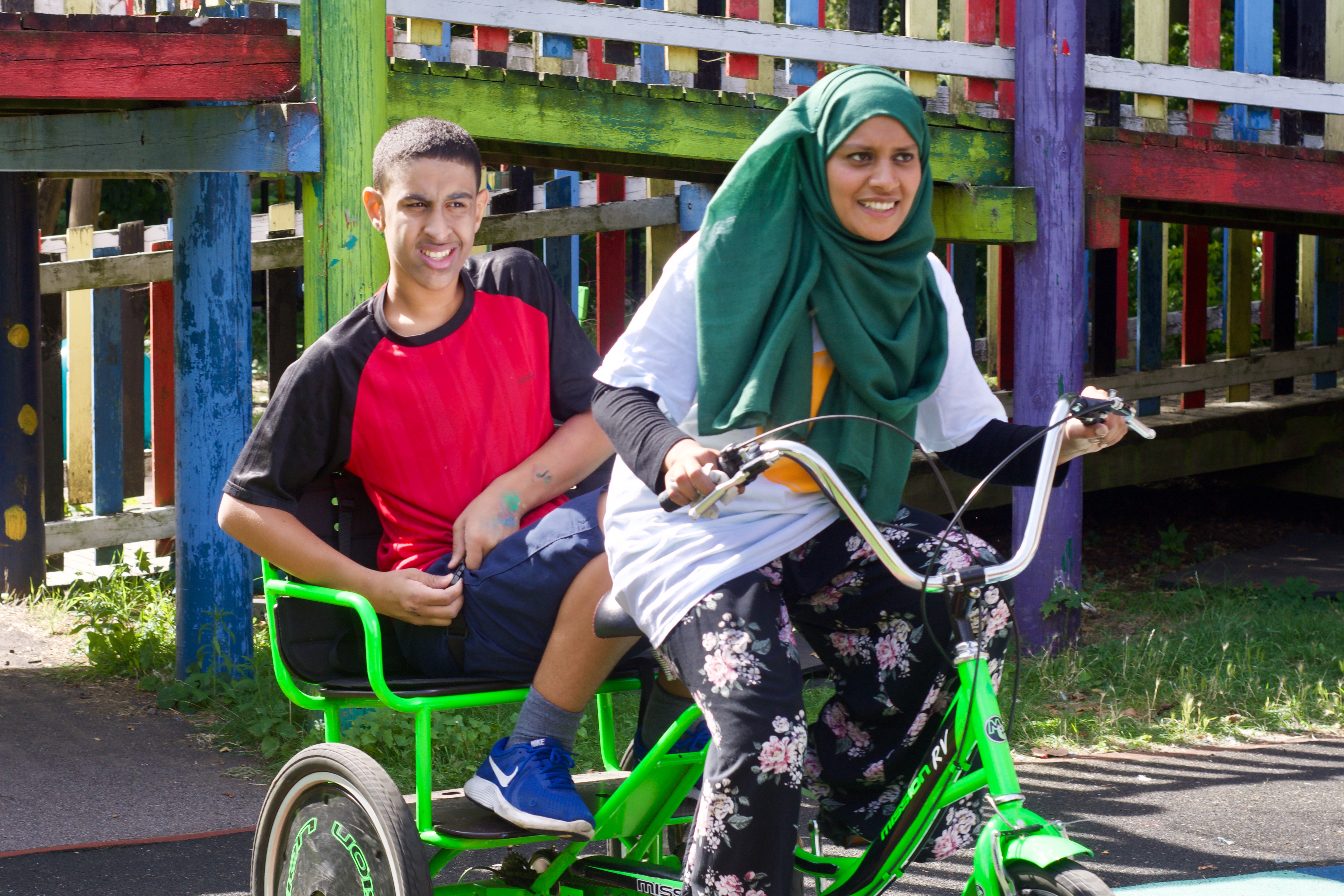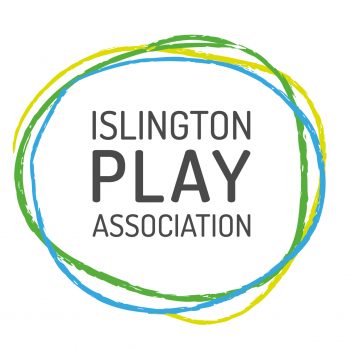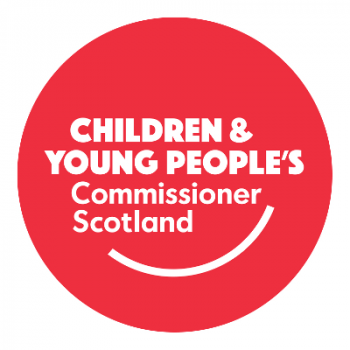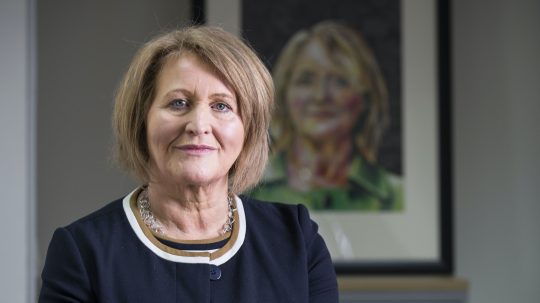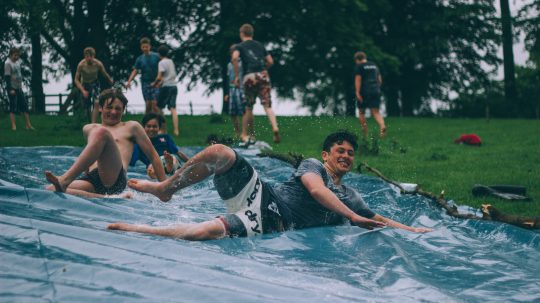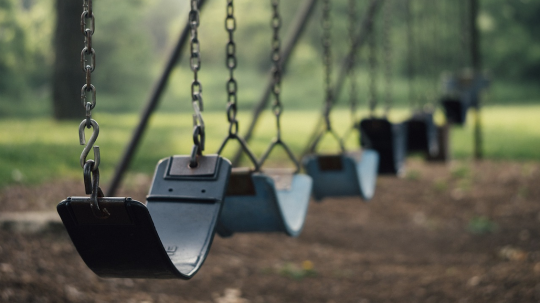Within the harsh realities of the Covid-19 pandemic, children’s right to play has been neglected yet they have shown signs of incredible resilience.
This piece is one of a series where we imagine a new world where a vision for human rights includes the right to play for adults.
As the United Kingdom eases out of lockdown restrictions and looks towards a future where people are healthy, vaccinated, and able to enjoy each other’s company, millions of children and young people across the country are catching up on a year of disrupted play.
“Play is what you do when you’re not being told to do anything by anyone else,” says Anita Grant, CEO of Islington Play Association. The organisation runs five adventure playgrounds and a children’s centre with a nursery. The adventure playgrounds, in particular, function within an ethos of unrestricted play outside the presence of playworkers and adult-manufactured or rigid-play structures. “Play is important because that is how a human animal develops its skills and abilities to cope with life,” she adds.
The right to play is enshrined as a fundamental human right in the UN convention on the rights of the child, a bill which was recently unanimously voted into Scots law.
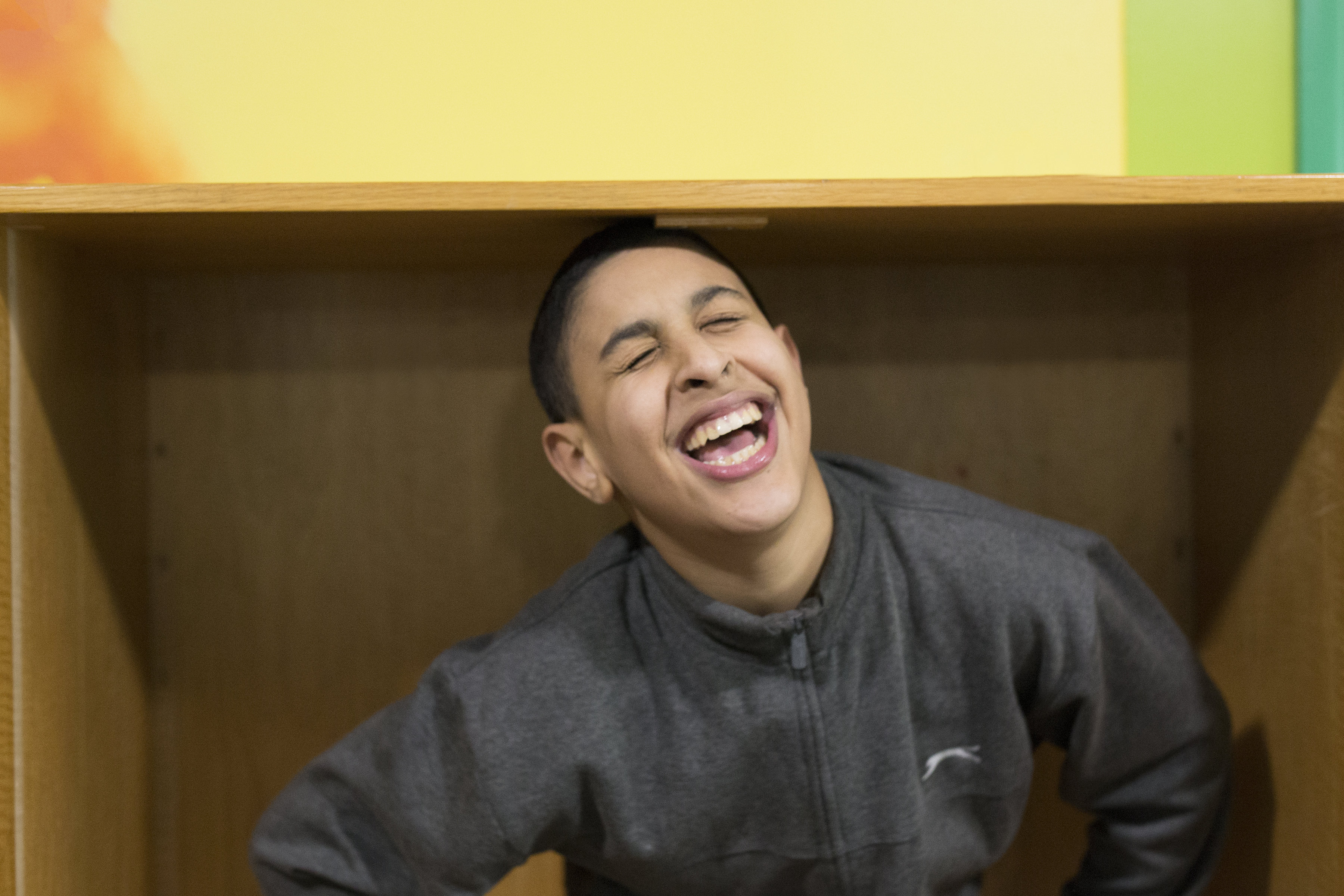
Credit: KIDS
Katie Ghose, CEO of the national charity KIDS, which provides a wide range of practical and emotional support services to disabled children in England, agreed: “Joy has to be a part of life,” she says. “We know from the children and families we work with that being able to have fun with friends is the key to unlocking the ability to learn.”
Both organisations have had to adapt to a pandemic where touch is prohibited and play limited. “We restricted the amount of children that could be in the adventure playgrounds at any one time,” explains Grant. Islington Play Association also installed additional handwashing facilities and the children were only allowed inside to use the toilet.
At KIDS, “We’ve had to be very agile [with] our activities,” says Ghose. This includes one-to-one sessions between a staff member and a child. “[We discovered] a young person who uses a wheelchair was leaving her house only once a week. A member of our staff went with her and they found somewhere that was fun and safe to play.”
For Grant, the fear is that economic poverty can impact other areas of life. “What is the poverty of experience?” she says. “What is the poverty of knowledge and skills? How do you make people’s lives better even if you do live in poverty? You can still have an amazing life and be happy.”
Throughout the pandemic, the importance of play has been worryingly absent. Restrictions in England alone meant children between ages five and 11 went months without being able to play with friends. Researchers and scientists cannot accurately state what long-term impact a year indoors will have, but the absence of play will certainly influence a child’s development.
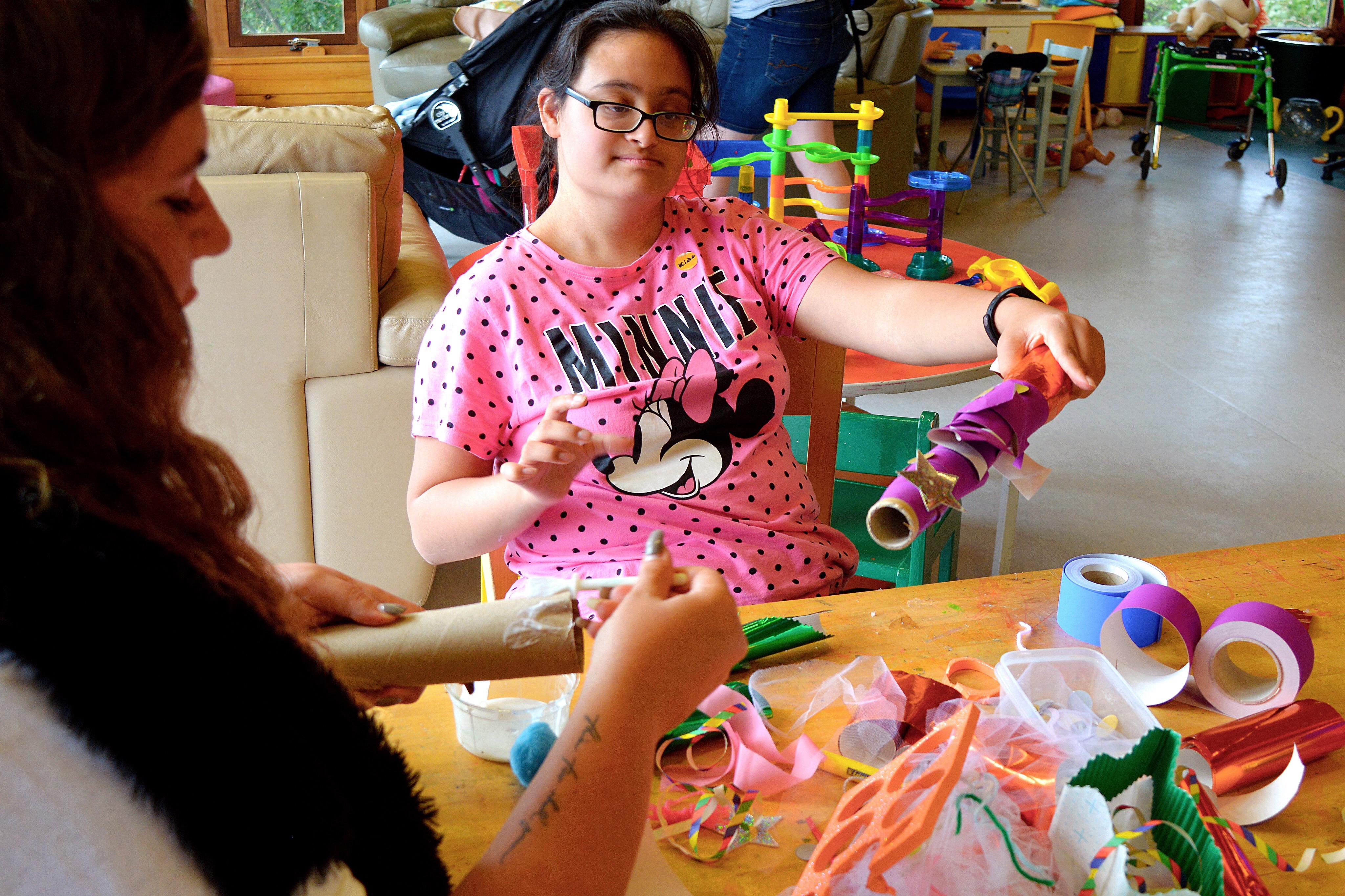
Credit: KIDS
“Every child and every disabled child, or child with additional needs, has their own story,” says Ghose. “Some of the children and young people who we work with have struggled immensely. The disruption, and the impact of a disrupted routine for some disabled children, is profound, and it can take away enjoyment and joy from life.”
Something as simple as a grocery trip became a convoluted task with social distancing, the wearing of masks and a heightened sense of anxiety, dominating the early days of the pandemic. Going outside became a challenge and something difficult to explain to children. It also became a burden to children, particularly those who require regular mental or physical therapy, to shift away from their routine.
Through the disruption of their routines, and the misery which has accompanied the last year, children’s happiness and their right to play have not been deemed important. Child poverty rates have remained constant with local councils and boroughs not providing adequate funding or ways.
“Funding is a real issue,” says Ghose. “There is not enough funding to provide safe quality services to all the disabled children and families who need them. Failing to provide the resources now means we lose the talents of those children and young people further down the line than if we had invested earlier and gave that little bit of support to families.”
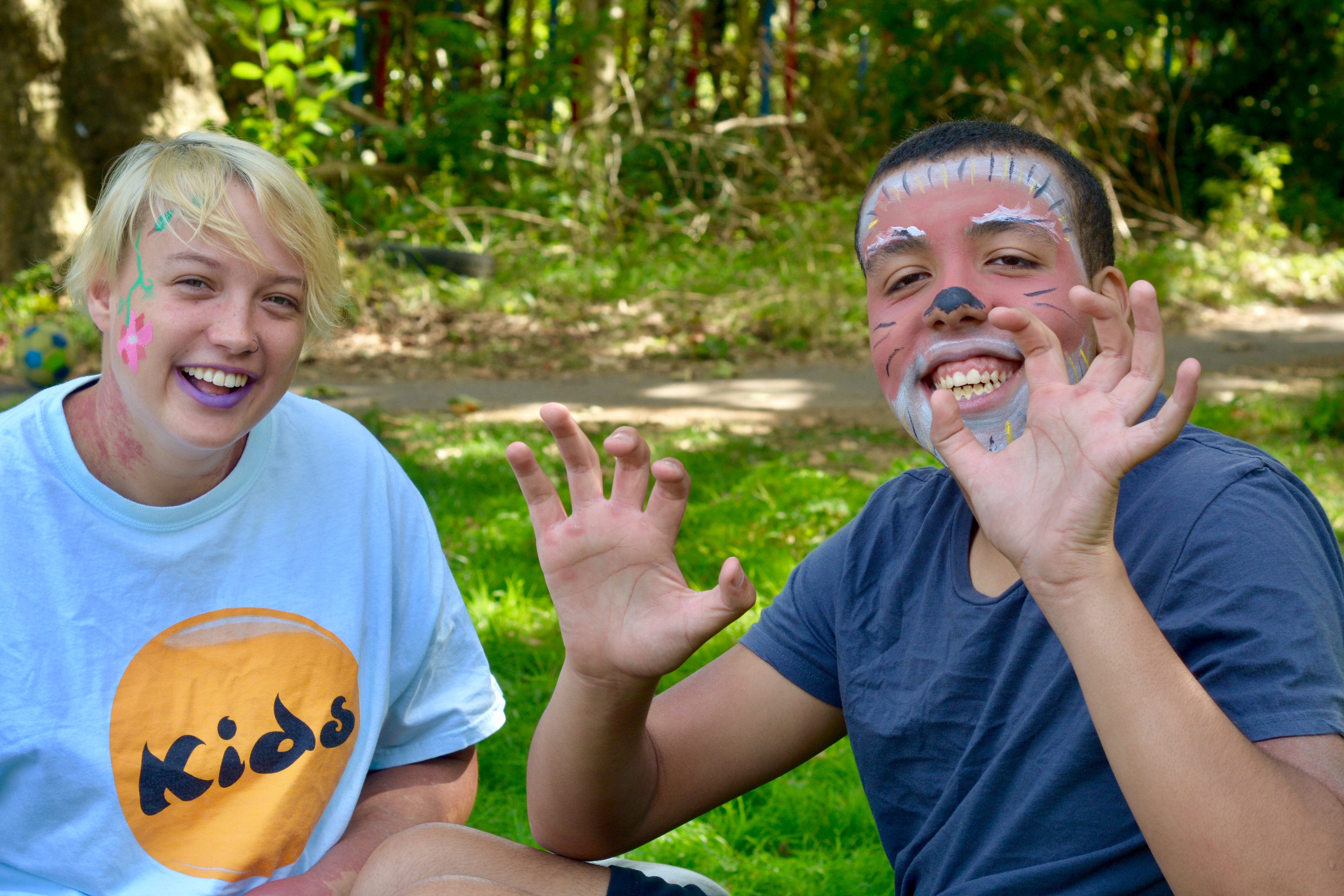
Credit: KIDS
Islington has a child poverty rate of 47 percent, well above England’s average of 31 percent — which, in itself, is high. Grant says: “Islington has this big divide. You can’t live there unless you can either buy a million pound house, or you’re in a council house, there’s no middle place.”
A lack of resources and after-school activities, coupled with alarmingly high child poverty rates, was a major issue with UK councils before the pandemic even set in. Families with children, in particular, have struggled to find joy, especially in the bleakest of months. “There definitely will be a long-term impact of the pressure cooker environment of family life in lockdown,” says Ghose. “There can be additional pressures because of the additional needs of a disabled child or young person.”
For Grant, the fear is that economic poverty can impact other areas of life. “What is the poverty of experience?” she says. “What is the poverty of knowledge and skills? How do you make people’s lives better even if you do live in poverty? You can still have an amazing life and be happy.”
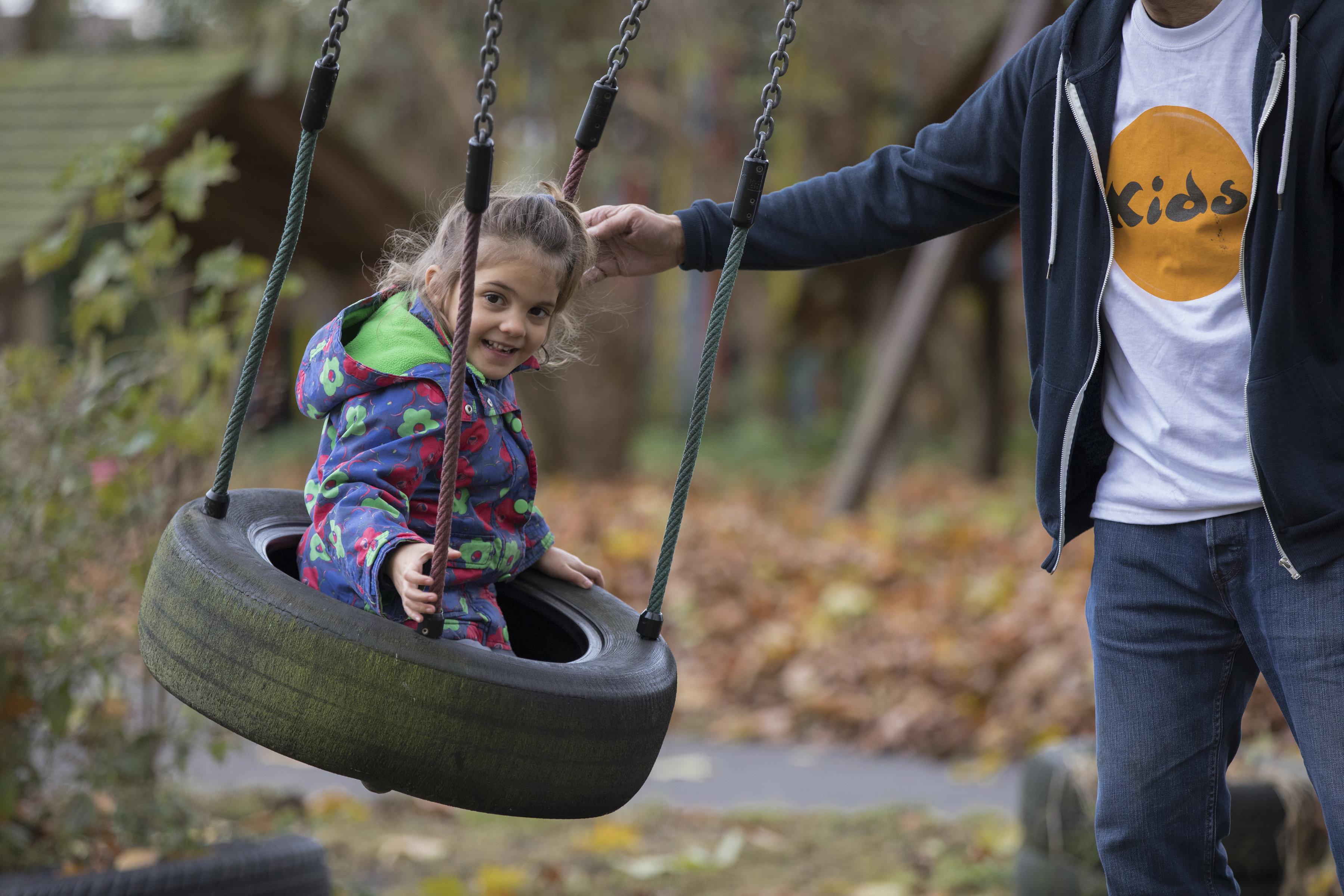
Credit: KIDS
Grant, who grew up in poverty in Islington, was assessed via the 10 question assessment Adverse Childhood Experiences (ACE), where, “if you had any of these bad things, like a parent with a drug problem or being Brown, you were unlikely to grow up to be happy or successful,” says Grant. “I had pretty much all of them as a child, and growing up, but there were all sorts of other things I had that meant I got to be who I am, and one of those things was going to an adventure playground. When I went to the adventure playground I was not with my parents, and not with the grown-ups, I was with a whole range of other people. I was learning independence and resilience and working out who I was and what worked and what didn’t work. And you learn if you’re rude to everybody, then you don’t have any friends. You learn that.”
The last year has proved difficult for many children. Yet, they have found ways to eke out moments of joy amid the dreariness of the pandemic. Now, with sunnier days ahead and restrictions being lifted in the United Kingdom, children are flocking to playgrounds, adventure playgrounds and parks to make up for the lost time. “It’s been difficult for them but children are very adaptable and very resilient,” says Grant. ”Those of us who work with children are lucky because we get to see it. That’s something we have to always remember.”
An earlier version of this article incorrectly sourced attribution of a particular phrase. It has now been fixed.

